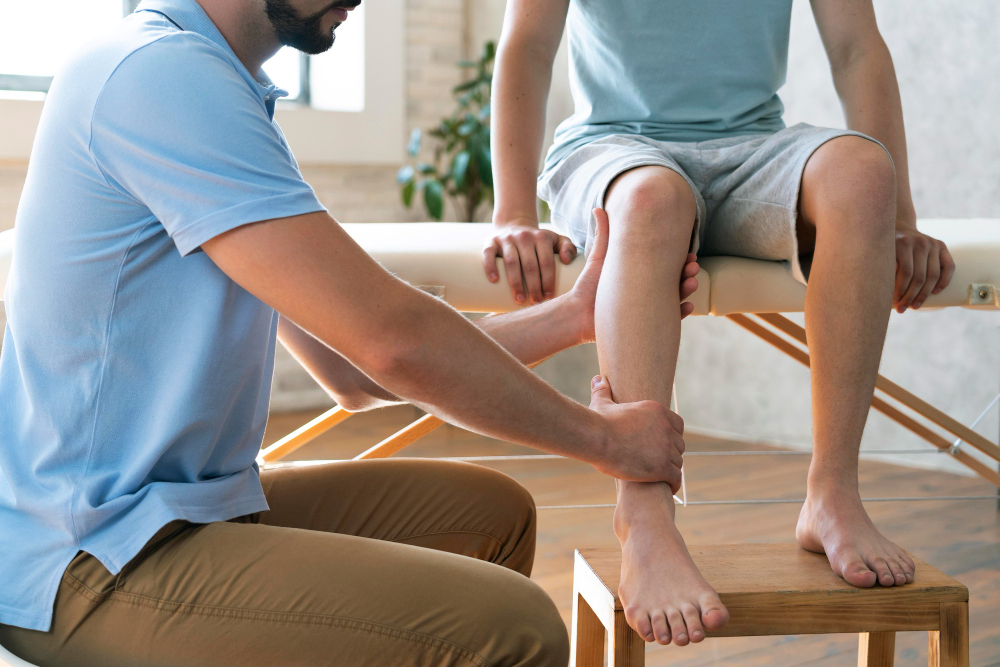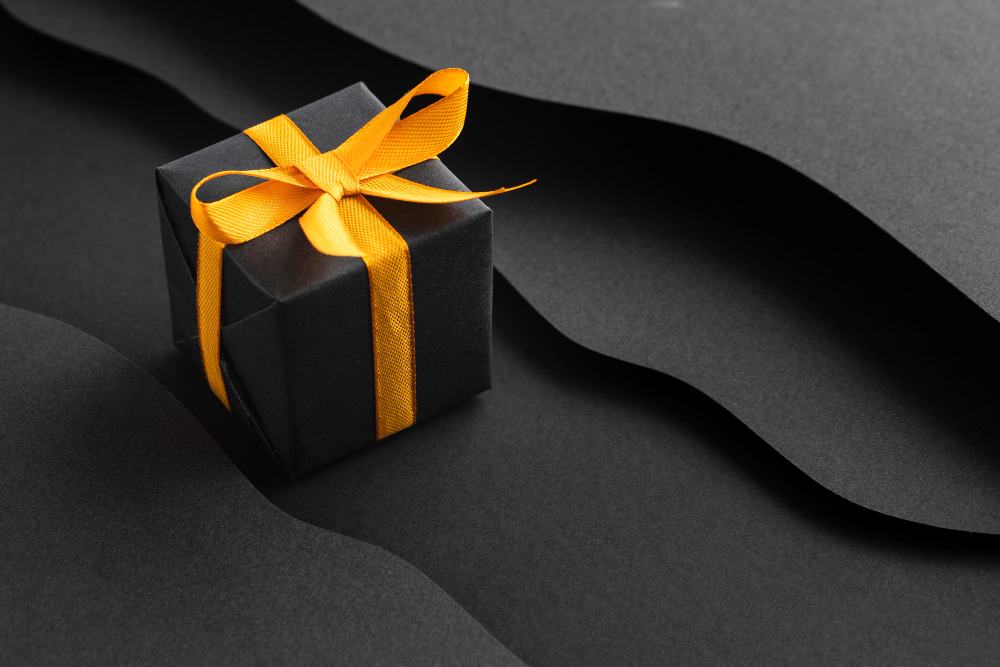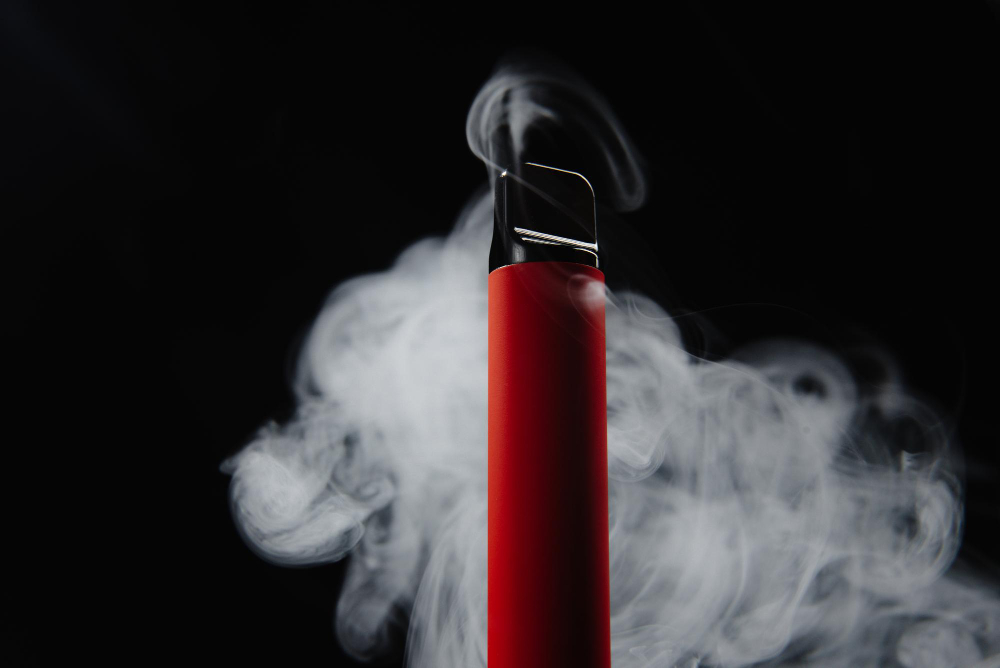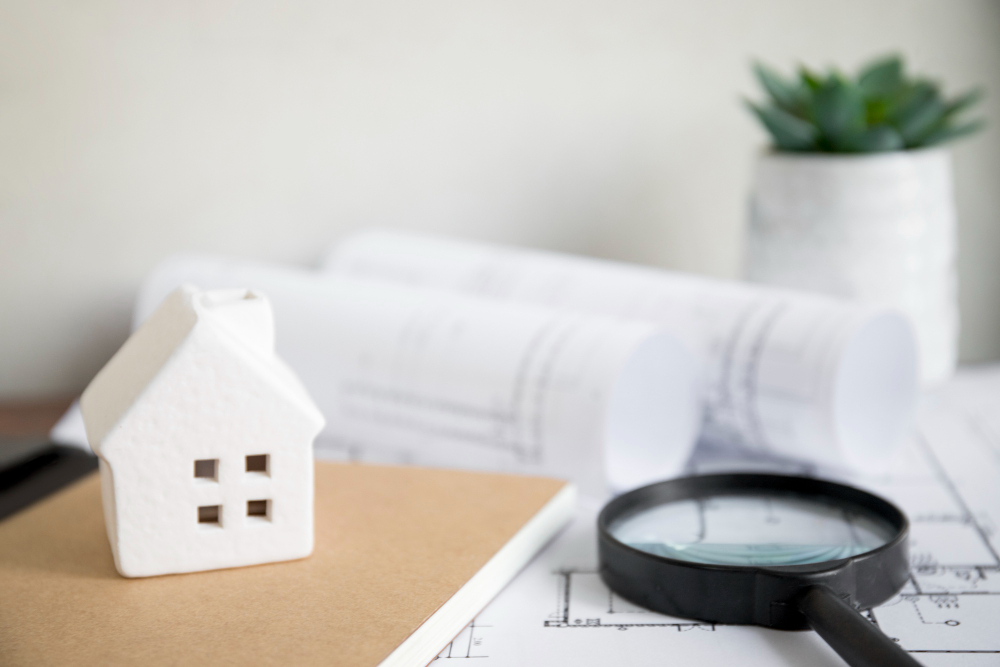ภาวะกระดูกข้อเท้าหักจากการเกิดอุบัติเหตุ ส่งผลข้างเคียงต่อการใช้ชีวิตประจำวันโดยตรง หากไม่ดำเนินการรักษาอย่างถูกต้อง อาจจะส่งผลกระทบต่อสุขภาพหรืออาจรุนแรงจนไม่สามารถเดินได้อย่างปกติ เพราะฉะนั้น การทำกายภาพข้อเท้าหัก จึงเป็นเวชศาสตร์ในการรักษาที่มีประสิทธิภาพที่สุด หลังจากที่เข้ารับการรักษาข้อเท้าหรือถอดเฝือกออกแล้ว ควรทำการกายภาพข้อเท้าอย่างถูกต้อง การรักษาและทำกายภาพข้อเท้าหักในทางการแพทย์ มักจะขึ้นอยู่กับความรุนแรงของอาการบาดเจ็บ แต่โดยทั่วไปแล้วจะมีขั้นตอนการรักษาและกายภาพฟื้นฟูข้อเท้าที่แพทย์และนักกายภาพบำบัดมักจะให้คำแนะนำ ซึ่งผู้ป่วยควรปฏิบัติตามอย่างเคร่งครัดเพื่อช่วยบรรเทาอาการบาดเจ็บและหายเร็วขึ้น ขั้นตอนการรักษาและกายภาพข้อเท้าหัก ทางการแพทย์ มีกี่ขั้นตอน สำหรับขั้นตอนการรักษาและกายภาพข้อเท้าหัก ทางการแพทย์ มีอยู่ด้วยกัน 5 ขั้นตอน ได้แก่ การวินิจฉัยและรักษาทางการแพทย์ การวินิจฉัยจะมีการใช้การตรวจร่างกายผ่านระบบการวินิจฉัยภาพ เพื่อประเมินความรุนแรงของอาการบาดเจ็บ เพื่อให้สามารถรักษาได้อย่างเหมาะสม เช่น X-ray, MRI หรือ CT scan เป็นต้น เพื่อพิจารณาและเลือกวิธีการรักษาว่า จะต้องรับการรักษาด้วยการผ่าตัดหรือต้องใส่เฝือกหรือไม่ เพื่อที่จะได้เข้ารับการรักษาอย่างถูกวิธี การรักษาและการฟื้นฟู การรักษาในขั้นตอนนี้ รวมไปถึงการนวด เพื่อช่วยให้เลือดไหลไปยังบริเวณที่บาดเจ็บมากขึ้น…
รับสร้างบ้านสไตล์มินิมอล บ้านเรียบ ๆ คลีน ๆ แต่สร้างสุขอย่างยิ่งใหญ่
ในปัจจุบันบ้านไลฟ์สไตล์แบบมินิมอลลิสต์ ได้รับความนิยมในฐานะสถานที่พักผ่อนที่มีความเรียบง่ายและใช้งานได้จริง เมื่อพูดถึงการสร้างบ้านสไตล์มินิมอล ผู้รับเหมาก่อสร้างจะนำเสนอความสวยงามที่สะอาดและเงียบสงบ ซึ่งส่งเสริมความรู้สึกสงบ ให้กับจิตใจสมาชิกทุกคนในบ้าน เรามาสำรวจองค์ประกอบและขั้นตอนสำคัญในการรับสร้างบ้านสไตล์มินิมอลกันดีกว่า
สินค้าพรีเมี่ยมราคาถูก จริงไหม สั่งทำแบบไหนดี เรามีไอเดียแจ่มๆ มาฝาก
สินค้าพรีเมี่ยม คืออะไร เป็นสินค้าที่ผลิตขึ้นมาเพื่อส่งเสริมการขาย มีวัตถุประสงค์เพื่อโปรโมทแบรนด์ โฆษณาประชาสัมพันธ์แบรนด์
บุหรี่ไฟฟ้า ราคาถูก คุณภาพดี ได้รับมาตรฐานสากล มีการให้บริการครบทุกรุ่น
บุหรี่ไฟฟ้าเป็นสินค้ายอดนิยมสำหรับกลุ่มนักสูบมือใหม่ เพราะทางผู้ผลิตได้มีการผลิตตัวบุหรี่ไฟฟ้าให้มีลักษณะที่มีขนาดเล็กกะทัดรัด สะดวกพกพาง่าย รวมไปถึงระบบการใช้งานที่สามารถใช้งานได้ง่าย ไม่ยุ่งยากซับซ้อน และสามารถใช้งานได้ตลอดทั้งวัน
โฉนดที่ดิน มีอะไรบ้างที่ไม่ทำนิติกรรมได้
ที่ดินในประเทศไทยมีอยู่เป็นจำนวนมาก มีทั้งที่ดินเปล่าและที่ดินมีโฉนด แต่หลัก ๆ จะมีที่ดินอยู่สองประเภท คือ ที่ดินเอกชน และที่ดินของรัฐ ไม่ว่าจะเป็นแบบไหนล้วนมีโฉนดที่ดินซึ่งออกโดยกฎหมาย สามารถนำไปใช้ประโยชน์ในรูปแบบต่าง ๆ
แนวทางการส่งของจากจีนมาไทย
ในปัจจุบันการค้าระหว่างประเทศเป็นหนึ่งในตัวการขับเคลื่อนสำคัญของเศรษฐกิจยุคใหม่ ซึ่งประเทศที่มีบทบาทในเวทีการค้าโลกนั่นคือประเทศจีน ซึ่งทำให้หลาย ๆ คนได้เริ่มหาวิธีการส่งของจากจีน เนื่องจากเป็นส่วนสำคัญที่สุดของการค้า เพื่อที่จะส่งมอบสินค้าให้ลูกค้า
ค่าส่ง มีวิธีการคิดอย่างไร
ธุรกิจออนไลน์ได้เติบโตขึ้นอยู่เสมอ ส่งผลให้การขนส่งโลจิสติกส์พัฒนามากขึ้นด้วยเช่นกัน เพราะทั้งสองสิ่งมีความเกี่ยวข้องและขาดไม่ได้ ทุกครั้งที่มีการส่งของย่อมต้องมีค่าส่ง แต่ละผู้บริการกำหนดราคาค่าส่งสินค้าแตกต่างกัน ในบทความนี้จะมาพูดถึงการคิดค่าขนส่งว่ามีวิธีอย่างไร
เหตุผลที่ควรบิ้วอินคอนโด และจะหาบิ้วอินคอนโด ราคาถูกได้อย่างไร ถึงจะเวิร์ค และไม่ถูกหลอก ?
บทความนี้เรามีเหตุผลที่ควรบิ้วอินคอนโด และจะหาบิ้วอินคอนโด ราคาถูกได้อย่างไร ถึงจะเวิร์ค และไม่ถูกหลอกมาฝากกัน ซึ่งเหตุผลที่ควรบิ้วอินคอนโด และจะหาบิ้วอินคอนโด ราคาถูกได้อย่างไร ถึงจะเวิร์ค และไม่ถูกหลอกที่เรานำมาฝากจะมีอะไรบ้างนั้น ตามมาดูกันเลย
บังสวรรค์แบบซอลนิค น้ำยาบุหรี่ไฟฟ้าที่นิยมใช้มาอย่างยาวนาน
น้ำยาบุหรี่ไฟฟ้าอีกหนึ่งประเภทที่หลายคนนิยมชื่นชอบนั่นก็คือบังสวรรค์ โดยจะมาจากประเทศมาเลเซีย ขายมานานหลายปี ทั้งรสชาติและกลิ่นต่างก็มีเอกลักษณ์เฉพาะตัวที่โดดเด่น สามารถเลือกได้หลายกลิ่นตามใจชอบ บทความนี้จะมากล่าวถึงน้ำยาบุหรี่บังสวรรค์แบบซอลนิคว่ามีแบบใดบ้างให้เลือก
ทำความรู้จักกับ Big Cleaning พร้อมข้อดีของการใช้บริการ Big Cleaning โดยผู้เชี่ยวชาญ
ก่อนอื่นเรามาทำความรู้จักกับ Big Cleaning กันก่อน ซึ่ง Big Cleaning คือ บริการรับเหมาทำความสะอาดบ้านคอนโดสำนักงานร้านค้าร้านอาหารและพื้นที่อื่นๆอีกมากมายด้วยทีมงานมืออาชีพพร้อมอุปกรณ์ที่เหมาะสมและน้ำยาที่ถูกต้อง ฉะนั้นจึงมั่นใจในงาน










